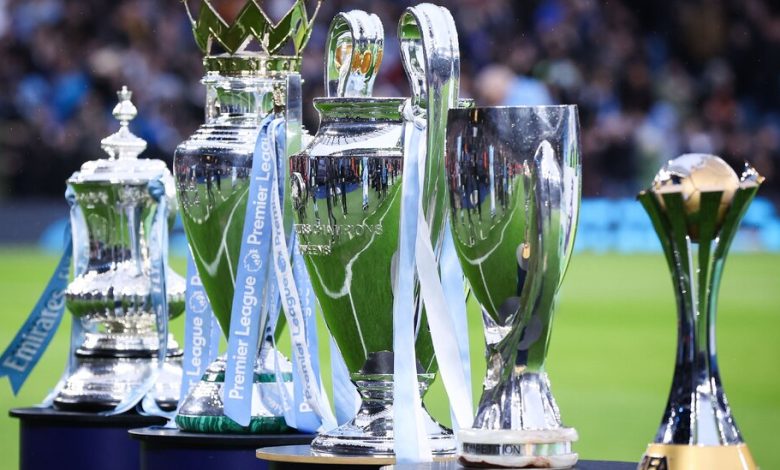Why Don’t More People Resent Manchester City?

Silence swept from one end of the Etihad Stadium to the other, a wave of dawning realization. The background noise that a crowd cannot help but generate — the rumble and murmur of 20,000 separate conversations — fell away. Calculations were made. Conclusions were drawn.
For most of Wednesday evening, the natural operating assumption was that Manchester City would advance past Real Madrid and reach yet another Champions League semifinal. Pep Guardiola’s City team was creating so many chances that victory felt, really, like a statistical inevitability. Even as the tied game ticked into extra time, the match felt strangely nerveless. City went close with a chance again. No matter. The next one would be along soon.
The idea that any other ending was available did not seem to have occurred to anyone, right up to the point when Bernardo Silva and Mateo Kovacic missed their penalties in quick succession, and all of a sudden City found itself on the brink. The possibility of elimination had felt so far-fetched that its arrival almost came as a surprise.
A moment later, Antonio Rüdiger was hurling himself, topless, into a morass of delirious Real Madrid fans. Jude Bellingham was leading chants in his second language. And Guardiola’s hopes of retaining the Champions League trophy had been dashed. He stood in the center circle, looking just a little lost. “What more could we have done?” he would ask later.
It has felt for a while as if Manchester City has achieved so much, so fast, that it has had to start inventing challenges to meet. Can Guardiola win titles without a striker? Yes. What about with central defenders who are actually midfielders? Also yes. Can he craft a team capable of collecting 100 points, or winning every domestic trophy, or doing a treble? Yes, yes, yes.
